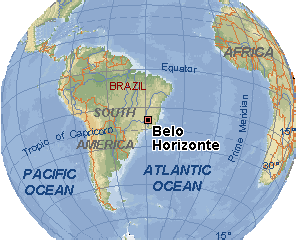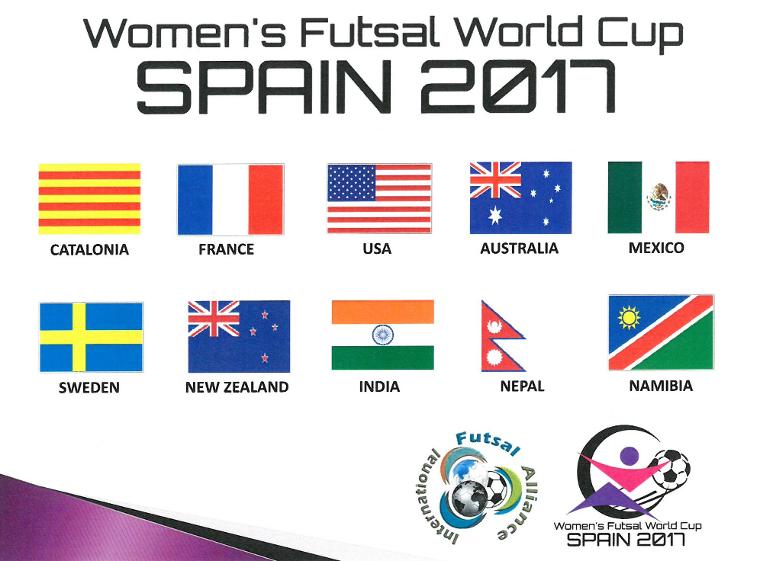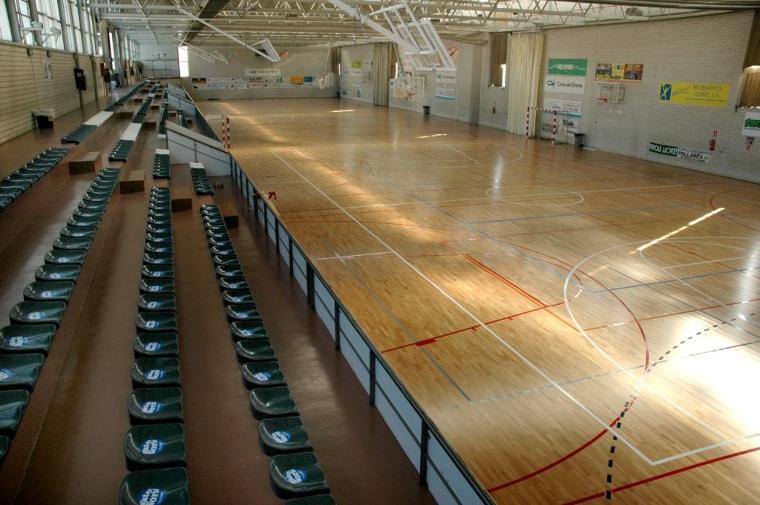El chileno le dio la clasificación al Arsenal en el minuto 101. Tras vencer por 2-1 al Manchester City de Claudio Bravo, enfrentarán al Chelsea en la final de la FA Cup.

No podía ser otro el que le diera la clasificación al Arsenal. Debía ser la figura, el goleador, el número 7. Alexis Sánchez apareció cuando lo hacen las estrellas, en las instancias finales, en donde se ve realmente de qué está hecho un jugador.
Fue un partido en donde la actitud superó el juego. Arsene Wenger regaló el primer tiempo con un planteamiento mezquino, indigno de una instancia tan decisiva como ésta. Parecía que el francés no estaba al corriente del contexto en el que su equipo y él mismo arribaban a esta semifinal.
Y Pep Guardiola se mantuvo fiel a su estilo. La oportunidad de conseguir una final que le permita obtener su primer título frente al Manchester City no la iba a dejar pasar. En conferencia de prensa se muestra confiado, asegurando que una temporada sin trofeos es un fracaso, pero que tiene el apoyo de la directiva del club. No obstante, está preocupado. Sabe que Manuel Pellegrini consiguió dos títulos en su primera temporada con mucho menos. Las expectativas son altas y un entrenador de su estirpe no puede defraudar.
Así que su equipo salió con todo y se hizo del balón en el primer tiempo. Los Gunner no tuvieron incidencia y Giroud casi no tocó la pelota. Özil desaparecido. Alexis en zonas más defensivas. No era un buen panorama.
Pero aguantaron la primera mitad con el arco en cero y la actitud cañonera cambió en el segundo tiempo. Dominaron el encuentro y se volcaron al área rival. Hasta que en un contragolpe Sergio Agüero (62′) abrió la cuenta para los Ciudadanos.
Era el mejor momento del Arsenal y si el empate no llegaba pronto, podía ser un golpe muy duro. Pero llegó en los pies de Monreal a los 71′ y así terminó el segundo tiempo.
La prórroga es tierra de nadie y así mismo se presentó en esta semifinal. El equipo de Alexis se vio más entero, con el chileno siendo protagonista en cada ataque. A los 101′, tras una serie de rebotes luego de un tiro libre al costado del área, el delantero nacional las hizo de “9” y anotó en área chica.
Por más que intentó, el Manchester City no logró la paridad. La primera temporada de Guardiola termina en nada, mientras que a Wenger le queda la opción de obtener un premio de consuelo y, además, créditos para continuar su proyecto en el cuadro de Londres. Alexis, en tanto, se erige como la gran estrella del Arsenal. Una que hoy maravilló en Wembley.
Fue un partido en donde la actitud superó el juego. Arsene Wenger regaló el primer tiempo con un planteamiento mezquino, indigno de una instancia tan decisiva como ésta. Parecía que el francés no estaba al corriente del contexto en el que su equipo y él mismo arribaban a esta semifinal.
Y Pep Guardiola se mantuvo fiel a su estilo. La oportunidad de conseguir una final que le permita obtener su primer título frente al Manchester City no la iba a dejar pasar. En conferencia de prensa se muestra confiado, asegurando que una temporada sin trofeos es un fracaso, pero que tiene el apoyo de la directiva del club. No obstante, está preocupado. Sabe que Manuel Pellegrini consiguió dos títulos en su primera temporada con mucho menos. Las expectativas son altas y un entrenador de su estirpe no puede defraudar.
Así que su equipo salió con todo y se hizo del balón en el primer tiempo. Los Gunner no tuvieron incidencia y Giroud casi no tocó la pelota. Özil desaparecido. Alexis en zonas más defensivas. No era un buen panorama.
Pero aguantaron la primera mitad con el arco en cero y la actitud cañonera cambió en el segundo tiempo. Dominaron el encuentro y se volcaron al área rival. Hasta que en un contragolpe Sergio Agüero (62′) abrió la cuenta para los Ciudadanos.
Era el mejor momento del Arsenal y si el empate no llegaba pronto, podía ser un golpe muy duro. Pero llegó en los pies de Monreal a los 71′ y así terminó el segundo tiempo.
La prórroga es tierra de nadie y así mismo se presentó en esta semifinal. El equipo de Alexis se vio más entero, con el chileno siendo protagonista en cada ataque. A los 101′, tras una serie de rebotes luego de un tiro libre al costado del área, el delantero nacional las hizo de “9” y anotó en área chica.
Por más que intentó, el Manchester City no logró la paridad. La primera temporada de Guardiola termina en nada, mientras que a Wenger le queda la opción de obtener un premio de consuelo y, además, créditos para continuar su proyecto en el cuadro de Londres. Alexis, en tanto, se erige como la gran estrella del Arsenal. Una que hoy maravilló en Wembley.









